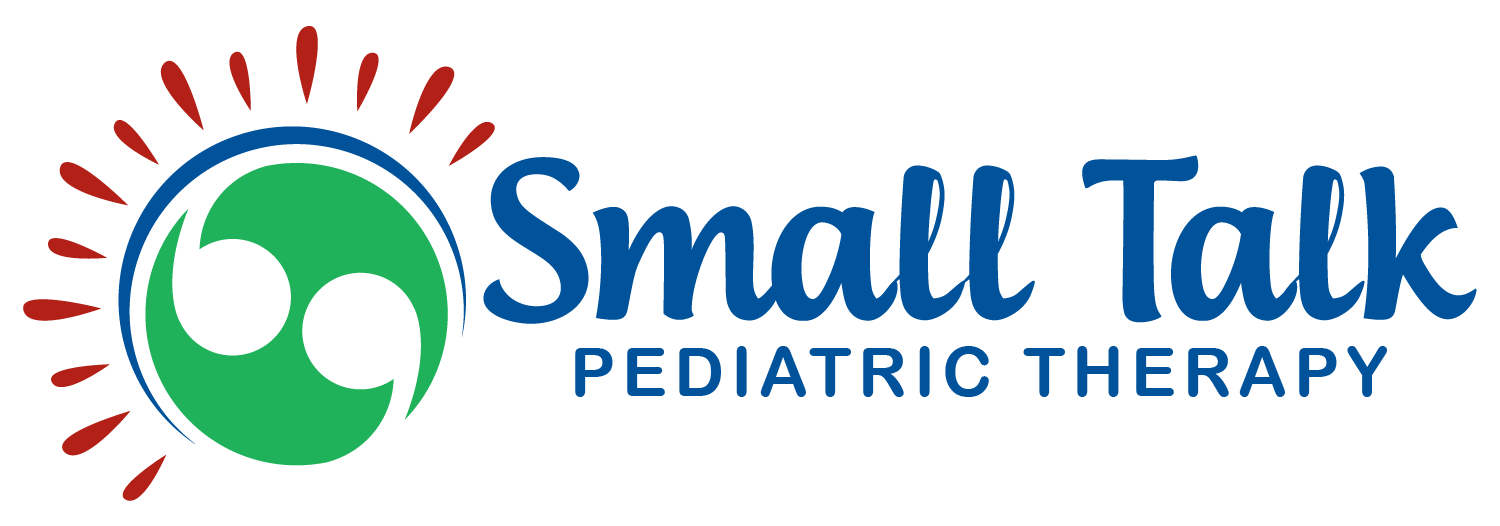As pediatric speech language pathologists working at Small Talk Pediatric Therapy we are in unique positions to dynamically assess the kiddos we work with on a weekly basis. Because we get to work one-on-one with our clients we have the privilege of adjusting our treatment approach, style of teaching, and teaching materials in a way that meets the unique needs of each child. Personally, I love that we get the opportunity to serve our children in this way.
As a pediatric speech therapist, I see a wide array of children from various ages and with a wide range of abilities, personal traits, and learning styles. From this kaleidoscope of qualities, one commonality remains; my desire to watch each one of them learn and grow happily. To me this is the ultimate measure of success and excellence.
Sometimes, though, my desire to watch them succeed gets in the way of truly being able to align with what they really need on a particular day. My belief in them is so expansive, that sometimes it overshadows the reality that maybe my expectations are not congruent with their capacity in that moment.
You see, just like you and I have our “off” days, our clients, too, have days where their capacity for learning might be narrower than it was previously. And it is up to us, as their therapists, to be tuned into what they really need that day and how we can deliver the material in a way that makes sense for them.
We are all familiar with the concept “Zone of Proximal Development.”
For those that need a refresher, “Zone of Proximal Development” is the concept that children have a “sweet” spot for learning. Some concepts presented to them might be “too easy” and some material might be “too difficult.” If either of these are the case, the child is not going to learn effectively. However, there is this zone in between these extremes where optimal learning happens. This is their flow zone and this is where we want to endeavor to be all of the time.
It is only when we are mindful, present, and attuned to our client’s needs that we can truly teach within their optimal zone of learning. We must always remind ourselves that every day is going to be slightly different and we have the power to respond accordingly. By doing so, we will be able to help our children grow and learn happily.
